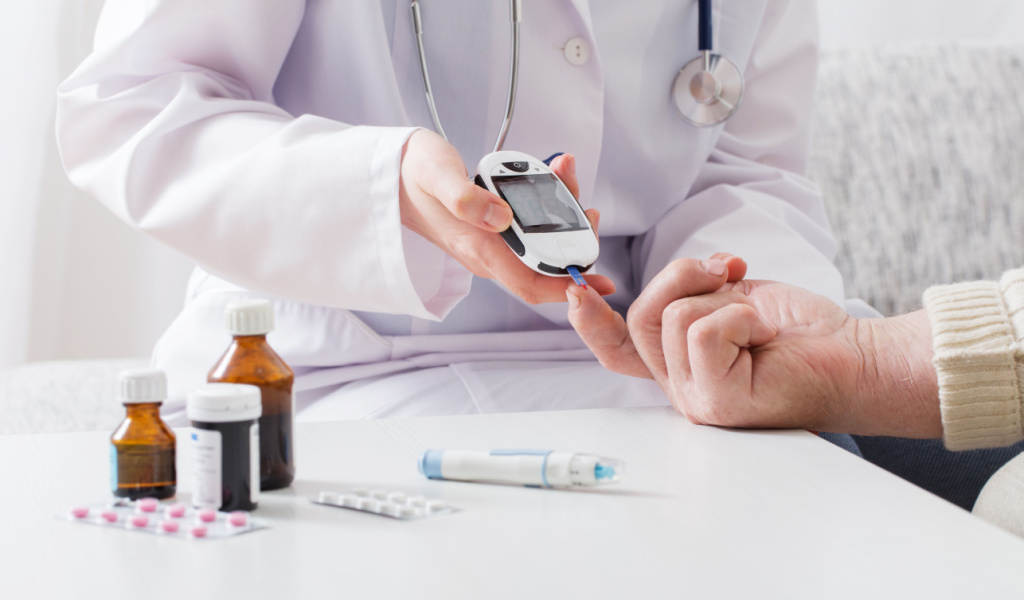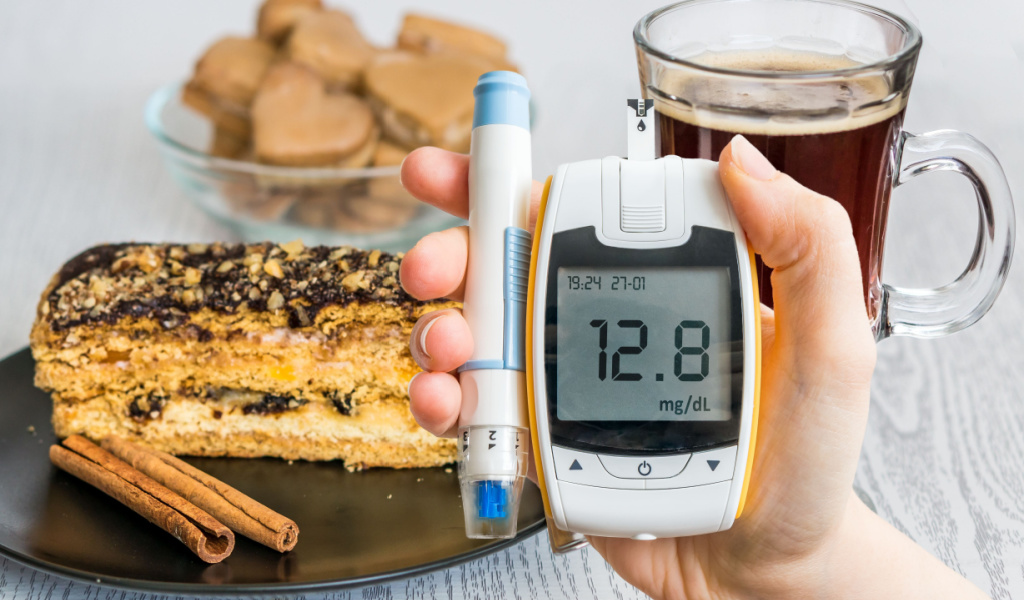Have you just walked out of the doctor’s office, having been told that you have prediabetes? It might be shocking to hear those words at first, but before you start panicking, you need to know this – prediabetes is a condition where your blood sugar levels are high but not so high to be considered type 2 diabetes. In fact, prediabetes is a common condition that affects 96 million adults in America, with only 20% being aware that they even have it.
However, there is a silver lining: now that you know you have prediabetes, you can push yourself to make some effective lifestyle changes that can reverse its course. Here are some of them:

Have a Clean Diet
One of the main risk factors for prediabetes is consuming a lot of processed food with added sugar, calories, and fat but little nutritional value. When you become more conscious about eating a clean diet and start making healthier food choices, you can restore normal blood sugar levels. A wholesome diet can not only reverse prediabetes but also prevent type 2 diabetes.
Ensure your diet includes low-calorie and low-fat food, plenty of vegetables, fruits with complex carbs, whole grains, lean meat, and healthy fats such as fish and avocado.
Shed Extra Weight
Did you know that losing as little as five to ten percent of your body fat can significantly improve your blood sugar levels and reverse prediabetes? For most people, this is approximately ten to twenty pounds. Moreover, when you have a larger waistline, your insulin resistance increases. For men, this is 40 inches or more, while for women, its 35 inches or more.
If you want to lose weight, you must follow a clean diet coupled with regular exercise. You can take some active steps to remain dedicated to this, such as getting a gym membership, having a personal trainer to assist you, and diligently counting your calories using a mobile app. But, if you don’t want to or have the time to go to a gym, you can still work out at home or incorporate other physical activities, such as sports, in your daily life.
Exercise More Regularly
Regular exercise is excellent for physical and mental health and can lower blood sugar levels. Exercise increases insulin sensitivity, allowing the cells in your body to utilize insulin more effectively.
If you’re not used to an exercise routine, you can start slowly by incorporating light physical activity into your daily routine. This could be as simple as walking for 15 minutes, and you can gradually increase the length and intensity of working out. Ensure you get 30 to 60 minutes of moderate physical activity at least five days a week. This could include swimming, walking, biking, sports, or other activities.
Quit Smoking
We all know that smoking increases the risk of lung cancer and heart conditions. Still, not many are aware that it’s also a risk factor for insulin resistance, prediabetes, and type 2 diabetes. Of course, quitting smoking is not going to be easy. It would help to ask your doctor about prescription medications to fight nicotine cravings or inquire about smoking cessation programs. You can also use over-the-counter nicotine gum or nicotine patches to help you kick the habit.
Drink More Water
Proper hydration is one of the most essential building blocks of a healthy body and mind. Drinking water helps control blood sugar levels and curb cravings, which can help you avoid bingeing on fatty, sugary, or carb-laden foods. Water is also a much healthier substitute for fruit juices and sodas, which are usually very high in sugar and not very nutritious.

Try Intermittent Fasting
Intermittent fasting is a trend that is catching on with health-conscious people. It involves restricting food intake to a specific window during the day, with fasting periods ranging from 12 to 20 hours daily, depending on each person. Research published in the International Journal of Endocrinology concluded that intermittent fasting can reduce fasting blood glucose levels.
Get Sufficient Sleep
Getting good sleep isn’t just optional anymore; it’s an absolute necessity! Let your diagnosis of prediabetes serve as a wake-up call to set your phone aside and go to sleep. When you deprive yourself of sleep, it can lead to a plethora of health conditions, including heart disease, obesity, and type 2 diabetes. It also reduces insulin sensitivity. Furthermore, getting less than five hours of sleep is related to developing a higher risk of type 2 diabetes.
So prioritize getting at least 7-8 hours of quality sleep every night. You can help yourself by creating the ideal sleeping conditions by turning off your gadgets at least two hours before bedtime and ensuring your room is dark and distraction-free.
Eliminate Stress & Practice Self-care
No one is spared from life’s daily stressors, but handling them well is the key to happiness. Giving in to stress can distract you from your health goals and even affect glucose metabolism in some people. Effective stress management is key to a healthy life, so it’s important to make conscious choices to help relieve stress daily. Schedule weekly walking dates with your friends or family, catch a few rays on the beach, take up a new hobby, or do whatever makes you happy and healthy!
Cut Down on Carbs
Incorporate a lot of complex carbohydrates, which are essentially unprocessed carbs, into your diet. This includes whole grains and vegetables, which are rich in fiber and can make you feel fuller for longer. Complex carbohydrates also take longer to break down, preventing blood sugar spikes. At the same time, limit simple carbohydrates like juices, yogurt, and honey, which absorb quickly and cause an immediate spike in blood sugar levels.
Get the Help of a Dietician Nutritionist
You can consult a registered dietician nutritionist if you need help understanding what to eat with prediabetes. They will offer nutritional guidance on foods that are good for you and should be avoided. They will also curate a meal plan specific to your condition to stabilize your blood sugar levels.
Bottom Line
Being diagnosed with prediabetes does not necessarily mean that you will develop type 2 diabetes. However, it does mean that you should take action to reverse the condition, and it all starts with getting your blood sugar levels to a healthy range. Not only will this prevent type 2 diabetes, but it will also help you to avoid other conditions like stroke, heart disease, nerve damage, and so on.



